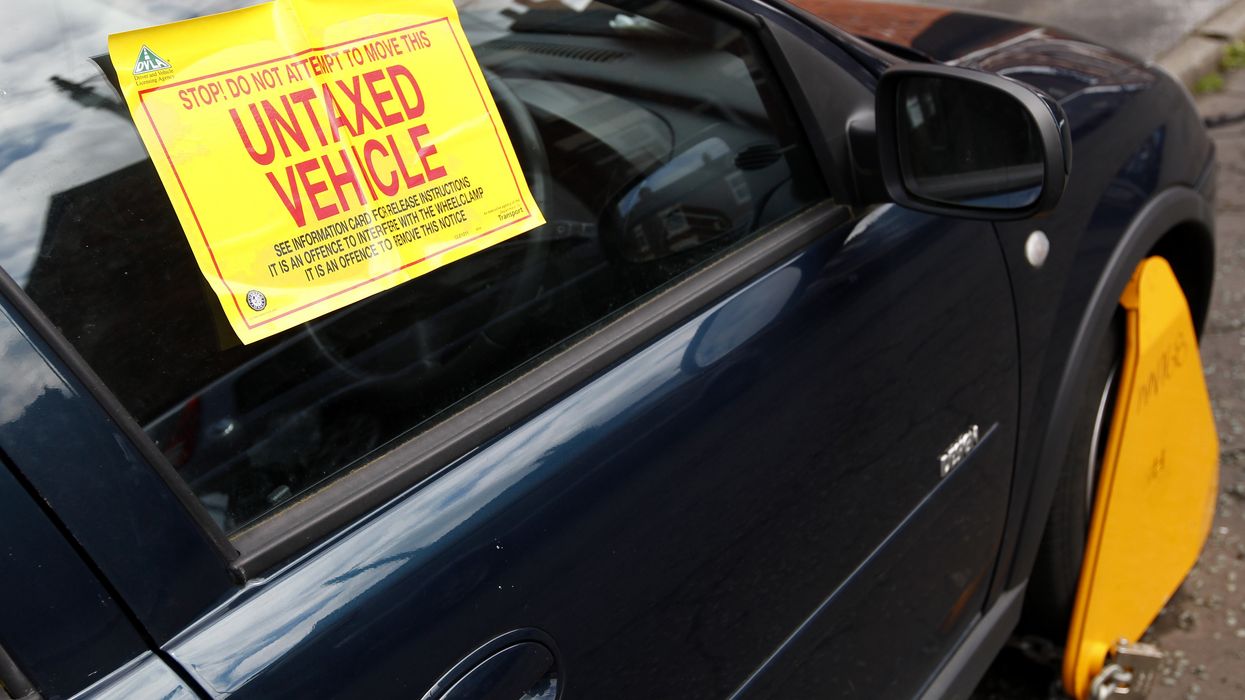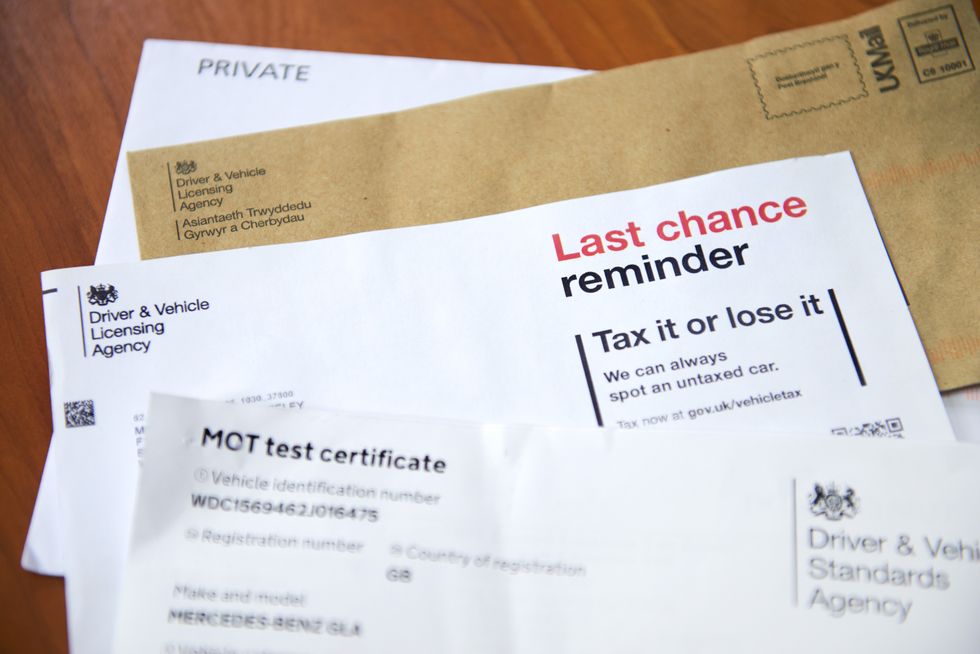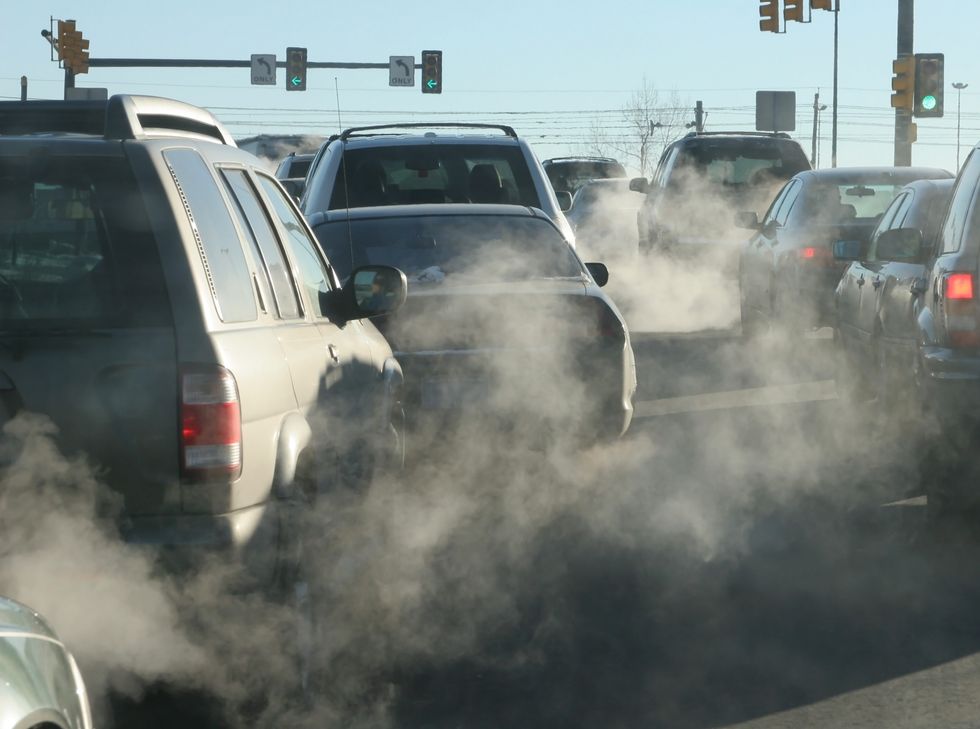Car tax changes to see drivers pay £8billion next year in VED hikes

The DVLA will see an uptake in revenues next year as electric car owners begin paying taxes
| PA
From April next year, electric cars will be charged VED
Don't Miss
Most Read
Latest
The DVLA expects to rake in billions of pounds from car tax contributions next year which will go to the Treasury as electric cars begin paying their fair share of Vehicle Excise Duty.
In company accounts analysed by GB News, the Driver and Vehicle Licensing Agency is expected to raise around £8billion in revenue from taxes in the next financial year.
With the Vehicle Excise Duty threshold increasing, not only are drivers now having to pay more, but from next year electric car users will also be forced to pay.
The agency explained that the “significant increase” in revenue expected next year is due to the change in VED policy.
Do you have a story you'd like to share? Get in touch by emailing motoring@gbnews.uk

DVLA made £7.3billion in revenue for VED last year
| GETTYFrom April 2025, the ‘Band A’ first-year rate for zero-emission vehicles will be removed, along with the Expensive Car Supplement exemption for EVs with a list price over £40,000 registered after April 2025.
Meanwhile, VED due from the second year of registration will be “equalised” for all vehicles including the removal of the £10 discount for “alternatively fuelled” vehicles.
The amount of money raised in VED revenue for the period 2022/23 was £7.3billion a 2.8 per cent increase from £7.1billion in 2021/22.
VED is a tax which must be paid for most types of vehicles used, or kept on public roads in the UK. It is paid directly into the Consolidated Fund.
The DVLA detailed how under the new arrangements, which apply to all electric vehicles regardless of registration date from 1 April 2025, zero emission vehicles will no longer be exempt from VED.
Electric vehicles will be charged at the 1-50g/km first-year rate in VED and will be charged the same rate as both petrol and diesel cars from the second year of registration onwards.
The DVLA stated: “The Expensive Car Supplement exemption for Electric Vehicles will also be withdrawn.
“The Office for Budget Responsibility forecasts that revenue will now continue rising from 2024/25 into 2027/28".
The agency explained that since 2017, VED due in the first year for a new car has been based on CO2 emissions and fuel type.
Electric cars have so far been exempted from paying the levy in a bid to help UK drivers make the switch.
But as sales for EVs continue to rise, driver backlash and an interest in raising funds have meant that electric cars will now have to pay the same rate.
Greg Wilson, founder and CEO of Quotezone.co.uk said: “These road tax charges will be affecting all current and future electric vehicle drivers.
LATEST DEVELOPMENTS:
- Volkswagen launches revolutionary solar panel technology to help drivers save up to 40 per cent on costs
- Hydrogen fuel cell vehicle made in Britain to enter testing phase as Toyota reaches 'another milestone'
- Lib Dems pledge to reinstate 2030 petrol and diesel car ban, tackle unfair fuel costs and install more EV chargers

Since 2017, VED has been based on CO2 emissions and fuel type
| GETTY“It’s important for anyone planning to buy a zero-emissions car to know what they will be expected to pay in less than a year’s time and factor these changes into their decision-making process.”










